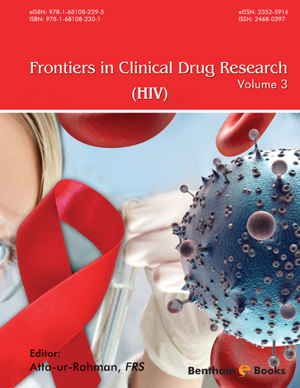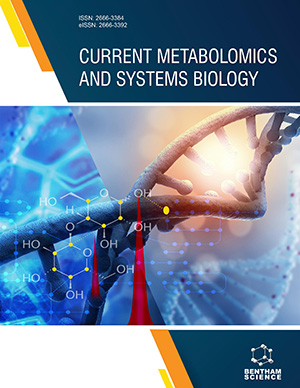Abstract
Human papillomavirus (HPV) infection is the most common sexually transmitted disease worldwide and most sexually active individuals of both sexes acquire HPV at least once during their life. This virus is associated with >90% of anal and cervical cancers. Human immunodeficiency virus (HIV) infection increases incidence of both invasive cervical cancer and anal cancer. The risk of anal HPV infection declines with age in women, whereas this is not the case in men. Prophylactic HPV vaccines represent a promise for cervical and anal cancer prevention in HIVpositive people. Still now, no data are available for prevention of HPV related cancers with anti-HPV vaccination in adult HIV-positive people, but several trials are on-going. Both vaccines are well tolerated and the adverse effects are comparable to those observed in HIV negative people. However, an implementation of secondary prevention would be useful to reduce cervical and anal cancer incidence and mortality after a much shorter interval in all infected people, even in aged subjects.
Keywords: Anal cancer, Cervical cancer, Human papillomavirus (HPV), Human Immunodeficiency virus (HIV), Prevention, Vaccine.






















